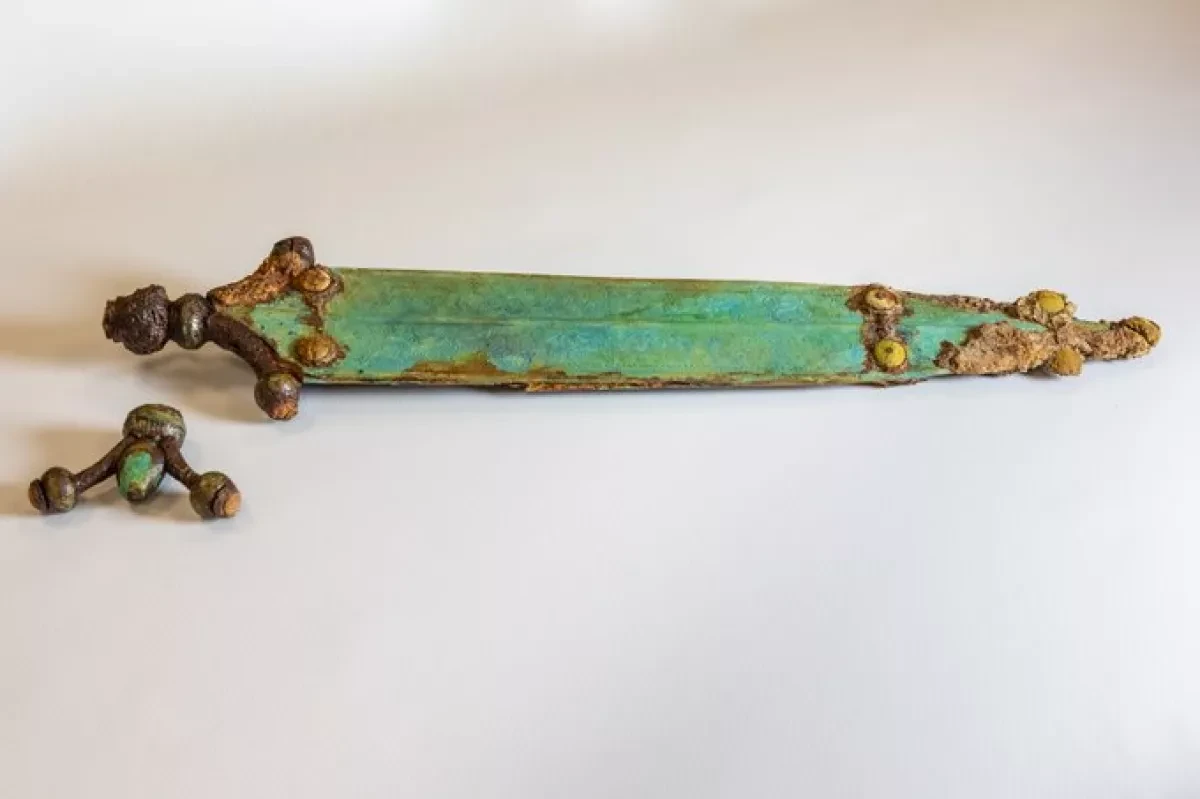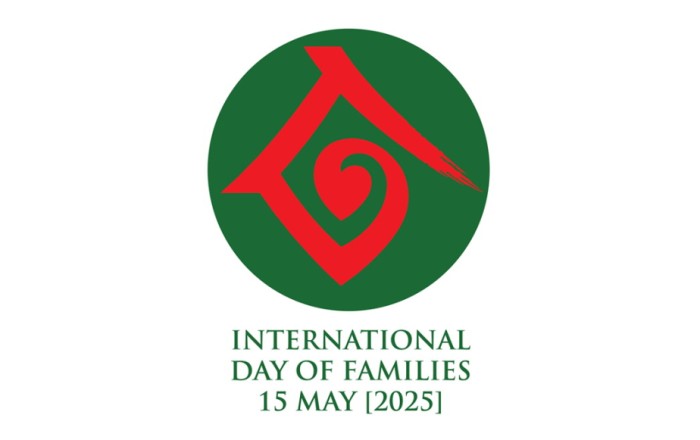Newsweek explores in a fresh article that archaeologists in central France have uncovered a significant Celtic burial site, revealing a collection of ancient artifacts, including a sword adorned with a swastika motif. Dating back over 2,300 years, the discovery sheds new light on the region’s cultural and historical past.
Located in Creuzier-le-Neuf, a small town in central France, the site was first discovered in 2022. However, details were only made public in April this year. The excavation revealed more than 100 graves, though no human remains were found, as the acidic soil had caused them to decompose. Nonetheless, a wealth of metal objects linked to the deceased, such as bracelets, brooches, and ceremonial weapons, were recovered.
Among the remarkable finds were two finely crafted swords, both still housed in their copper-alloy scabbards. One sword stood out for its intricate decoration, including swastika motifs carved into polished gemstones, a symbol widely used by the Celts during the 4th and 5th centuries B.C. The other sword, with minimal decoration, was accompanied by fabric fragments, potentially from the clothing or covering of the deceased.
The swords, along with other metal ornaments such as bracelets, offer crucial insights into the craftsmanship and societal practices of the time. The burial site, which dates to the Second Iron Age (450-52 B.C.), was a crossroads for various ancient cultures, including the Celts from the Arverni, Aedui, and Bituriges tribes.
While it is still unclear whether the artifacts will be displayed publicly, the discovery is expected to spark excitement among archaeologists and history enthusiasts. The findings offer valuable insights into the cultural and economic landscape of ancient France.
By Naila Huseynova
Source: caliber.az












